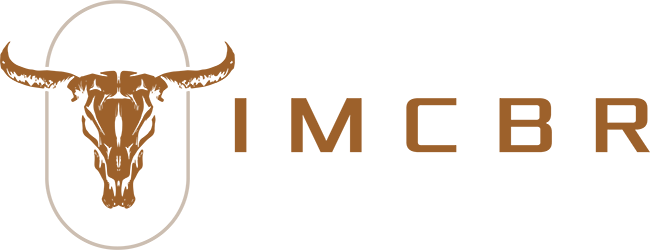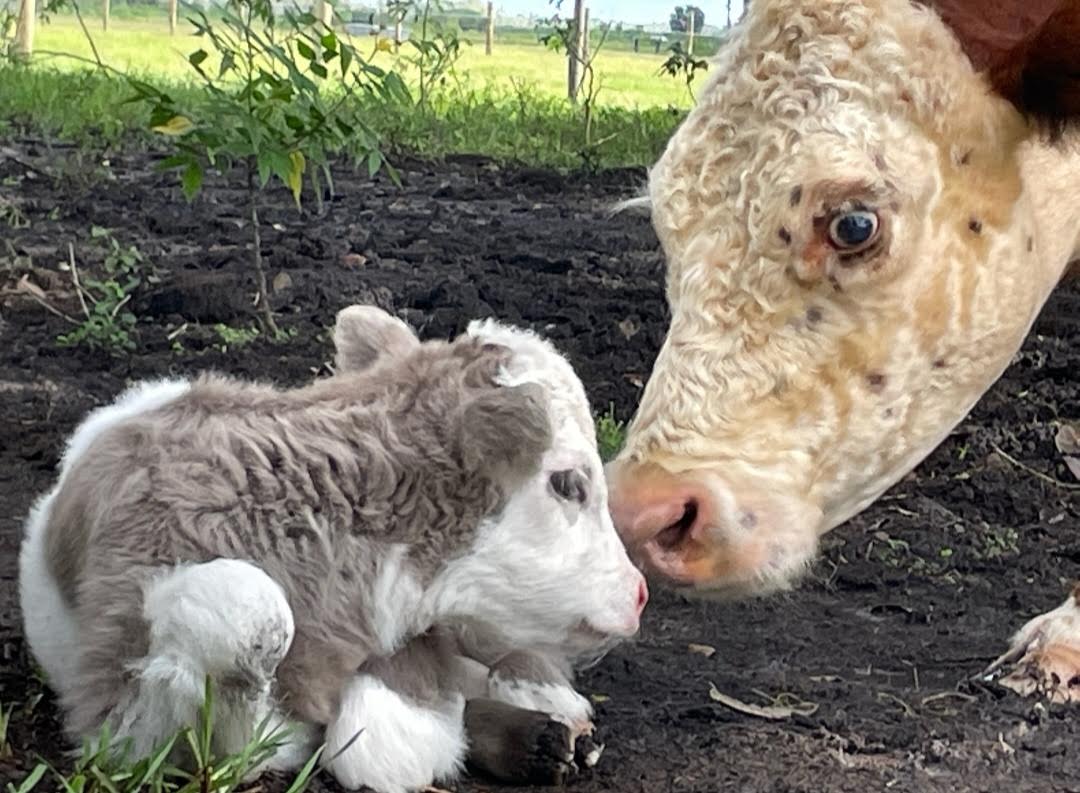What’s the purpose or value in registering my cattle? This is a conversation that pops up on social media from time to time. There are many different opinions about the value in having animals registered and in what registry to use.
The miniature cattle market has gained popularity by leaps and bounds since the 1990’s. It seems that each breed goes through the same growing patterns. These 4 phases are typical:
1. There are a handful of early pioneers that work hard to develop a new breed or miniature version of an existing breed. They have a period of a few years where the breed numbers are extremely low and can mostly be traced to a few foundation cows.
2. For one reason or another, there is a boom in popularity and demand for the breed. Typically, this is driven by the sales price. A few of the new breed sell for abnormally large amount and makes a splash in the cattle industry. Suddenly, everyone wants to raise this breed.
3. The huge influx of demand brings out the scammers and get-rich-quick breeders. This creates buyer skepticism and reduces the quality of the breed. Breeders aren’t worried about selective breeding, just want to get as many calves as possible on the ground while the market is hot.
4. The supply continues to rise rapidly and the demand simmers down. Now we find ourselves with lots of cattle that don’t meet the standards of the pioneer breeders.
A registration has the capability of serving like an electronic brand on an animal. The pioneers of Phase 1 would be well served to mark their stock with a farm name in the registration that follows them for a lifetime. If the breeder in this scenario is producing exceptional stock, a registration adds lots of value to their farm and the stock they are producing. When Phase 4 is reached, they already have established themselves as leader in the market. It’s not just a random dude spewing about how great he is, it can be legitimately backed up with independent 3rd party data accessible by the public.
Moving to Phase 2 and Phase 3, we find a group who will add no value to their stock by using a registration. In fact, they may hurt themselves by tying their farm name to substandard animals. They have no need to track the generational pedigree of their animals because those animals won’t stay on their farm long enough to create multiple generations.
In addition, the buyer who is just looking for a farm pet and has no plans of reproduction will not see a benefit in registering their stock. It may add to the comfort level at the purchase but it won’t add value to their animal if they keep it until death.
Phase 4 is where the value in registration becomes the most evident. During this phase, you will find a plethora of breeders in the market. Those who have the capability of showing buyers the history of their stock, through an independent 3rd party, will rise to the top. Why? Buyer confidence suddenly becomes paramount. The number of available cows in the breed exceeds the demand and the buyers have options of where they are going to shop. The breeder who has cattle registered for generations, along with DNA results and photos, will be an easy pick when compared to the breeder who has been trading breeding stock every time an attractive offer came across the table. To be clear, there’s nothing wrong with either business plan. One will benefit from registering their cattle and the other won’t. One will have a better chance of having a sustainable business as Phase 4 progresses.
Imagine yourself as a buyer and you are presented with these 2 options.
Seller 1 has been in business for 10+ years. They have a great reputation. They send you a link to the animal in question and the pedigree looks like this:

You’re able to click on each of these animals and see photos and all the vital information like DOB, registered height, growth charting as they grew, DNA results, ownership tracking, date/time stamp of registration and updates, etc.
Seller 2 has been in business for 10+ years. They also have a great reputation. They tell you they never saw any value in registration but they can tell you the names of the parents.
All other points of the transaction being equal, most buyers will pick Seller 1. Why? Again, it all goes back to buyer confidence. Let’s add another layer. What if you could click on that breeder’s online profile through the registry and see that they have multiple 5-star reviews. Would that help you in making a purchase decision?
In conclusion, you may or may not add value today by registering your animals. The value you see may be years down the road. Or, your situation may be one that won’t see any value from the registration investment. Let us know if we can help you out!
Cover photo is FLIPS Sweetwater Cashmere 20315 – IMCBR



